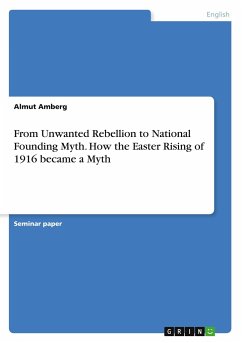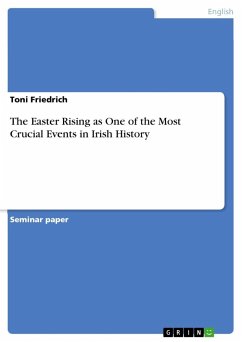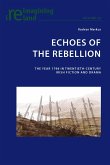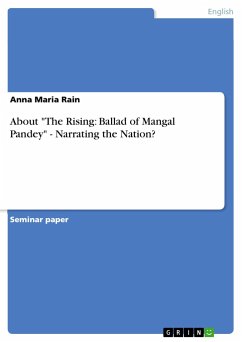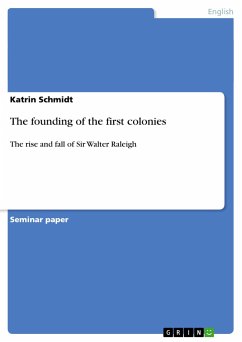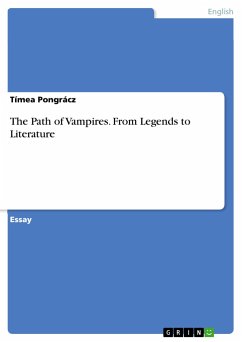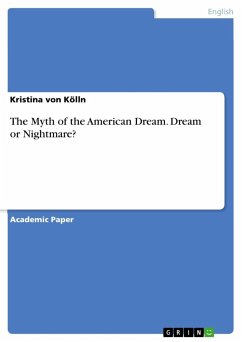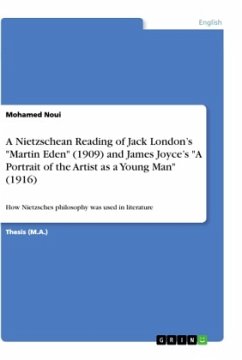Seminar paper from the year 2016 in the subject English Language and Literature Studies - Culture and Applied Geography, grade: 1,3, University of Heidelberg (Neuphilologisches Institut), course: Proseminar, language: English, abstract: When reading articles about the 100th anniversary of the Easter Rising in Dublin, one encounters the word 'myth' sooner or later. Repeatedly, it is mentioned how mythicized Ireland's past is. How is this possible? How is it acceptable to call a historical event that happened only one hundred years ago a myth? Is its existence in question? Why is it treated like a legend? The Easter Rising of 1916 was a rebellion planned in secret by the military council of the Irish Volunteers and the Irish Citizen Army. The rebels seized Dublin's city centre, declared an Irish Republic and managed to defend their position for nearly one week until they ultimately surrendered to the forces of the British army which were superior in number. The rebels' names - Pádraic Pearse, Tom Clarke, Séan MacDiarmada, Joseph Plunkett among others - became the names of Irish national heroes though in the initial reaction of the Irish public this did not seem likely. When the rebel leaders were escorted into captivity, the public loathed them - for the destruction of the city, the unnecessary rebellion during the Great War and the threat they posed to Home Rule.However, the rebels and revolutionaries cursed by their contemporaries became national heroes over time. The unwelcome rebellion today is considered a foundational event or a national myth of the Irish Republic. How did this change come to pass? How does an event become a myth during the lifespan of those who lived through it? Why does this version of the narrative seem to be the commonly accepted one?
Hinweis: Dieser Artikel kann nur an eine deutsche Lieferadresse ausgeliefert werden.
Hinweis: Dieser Artikel kann nur an eine deutsche Lieferadresse ausgeliefert werden.

